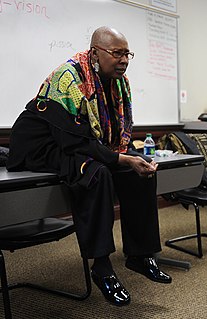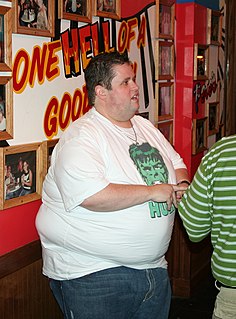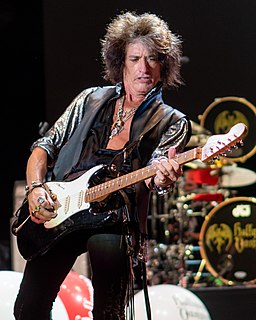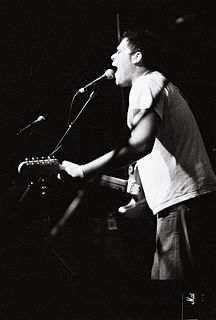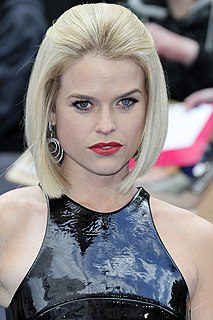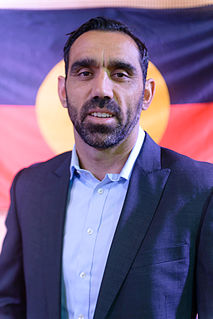A Quote by Judith Jamison
I can't really hear the audience applause when I'm on stage. I'm totally immersed in the piece. But sometimes I get a lot of it and wonder, "Now, why did they applaud here?" If it's a white crowd, they usually applaud because they think it's a pretty movement. If it's a black crowd, it's usually because they identify with the message.
Related Quotes
It's fine with me if people want to applaud between movements of a concerto. It doesn't bother me - it's part of performance experience. Sometimes when they applaud if I'm still playing it's not as good, but there's always a way around it. Actually the applause gives me a little rest and chance to stretch, too.
Christ was crucified because he would have nothing to do with the crowd (even though he addressed himself to all). He did not want to form a party, an interest group, a mass movement, but wanted to be what he was, the truth, which is related to the single individual. Therefore everyone who will genuinely serve the truth is by that very fact a martyr. To win a crowd is no art; for that only untruth is needed, nonsense, and a little knowledge of human passions. But no witness to the truth dares to get involved with the crowd.
I think a lot why our lives shows are good is because of the crowd, and because of the energy that they bring. Also, there was a time when a lot of the people that came to our shows were a bunch of drunk bros. At a certain point, we decided we were going to start calling them out. We also decided to become more gay-positive and feminist and all that stuff, and that we were going to be really vocal about it. After that, our crowd became a lot friendlier, and honestly a lot more fun.
In film, the camera can get an array of shots so the audience can see the emotion the character is giving off. Using close-ups on the character's face really helps get the message across. On stage, you can't do that. But the stage has that live feeling that you can't get anywhere else because the audience is right there.
In film, the camera can get an array of shots so the audience can see the emotion the character is giving off. Using close-ups on the characters face really helps get the message across. On stage, you cant do that. But the stage has that live feeling that you cant get anywhere else because the audience is right there.
